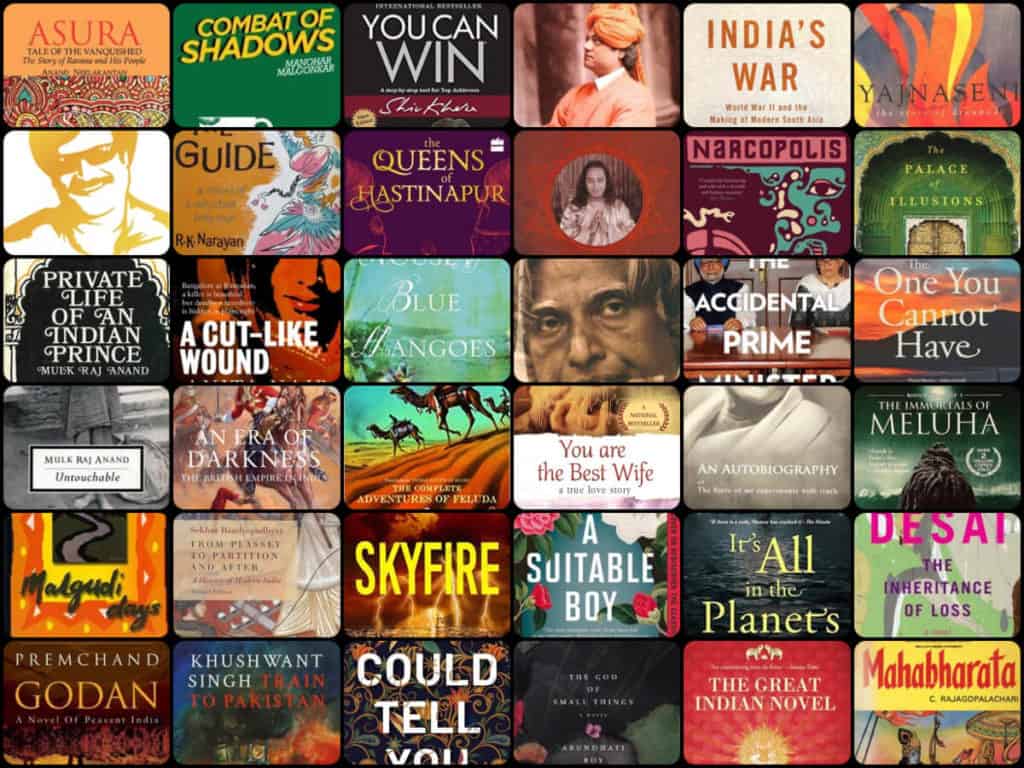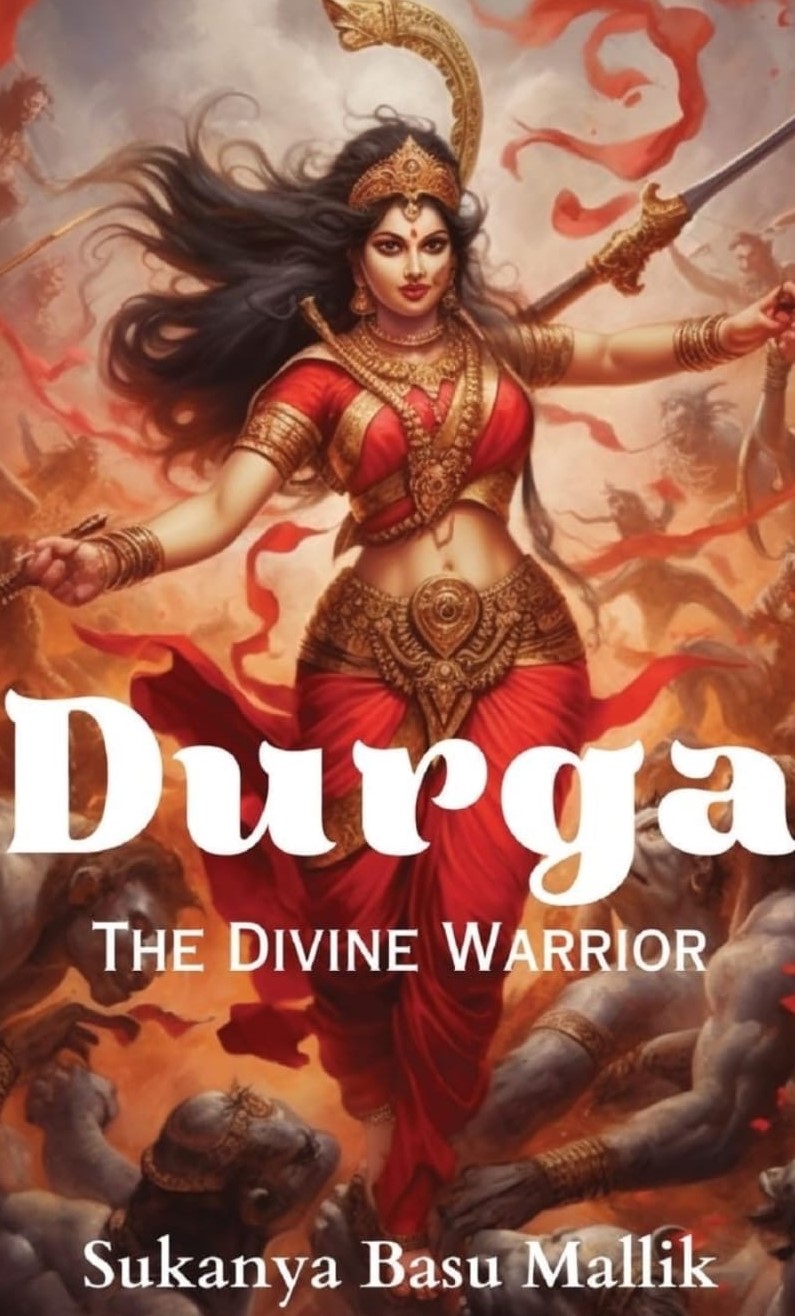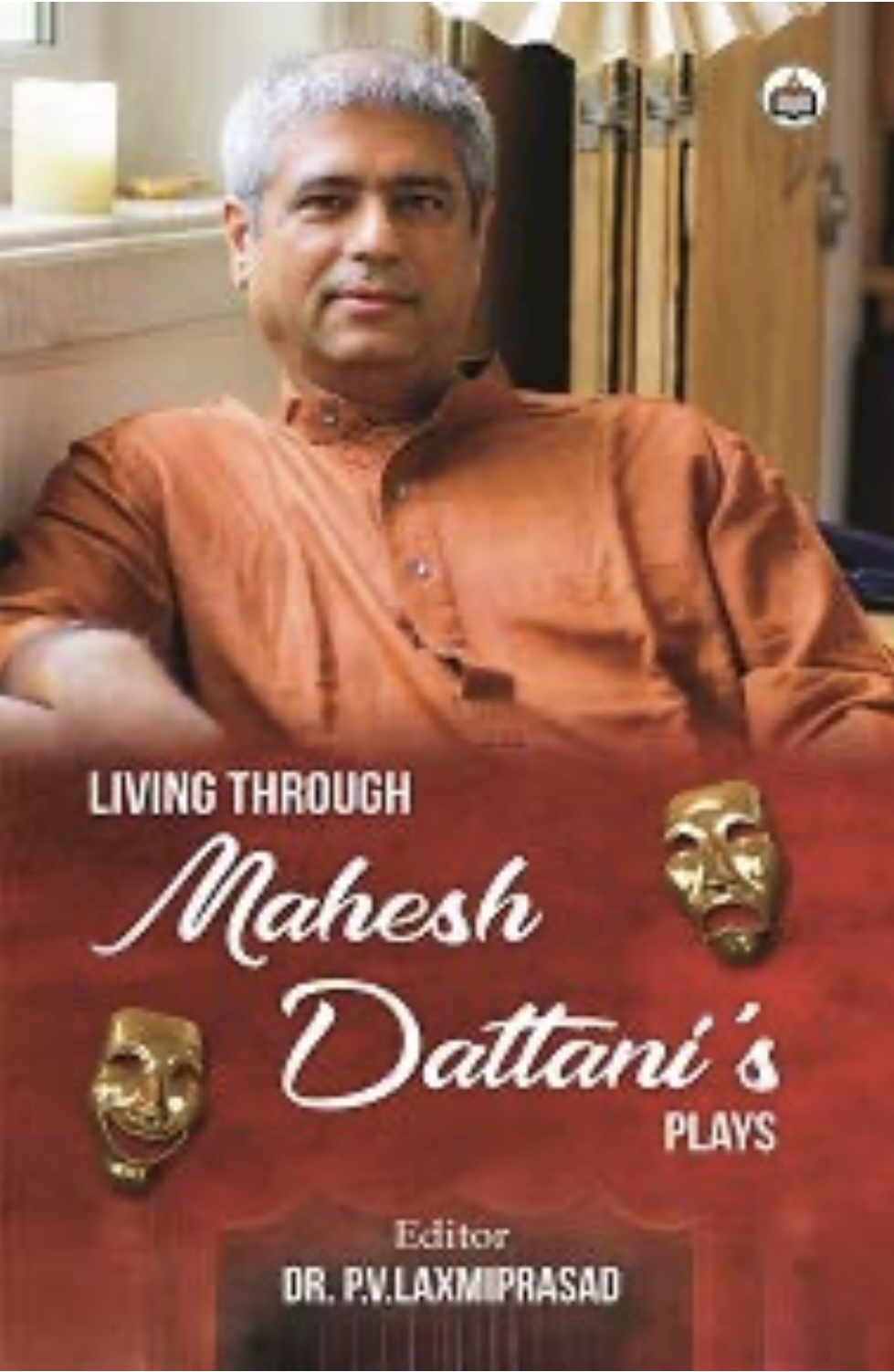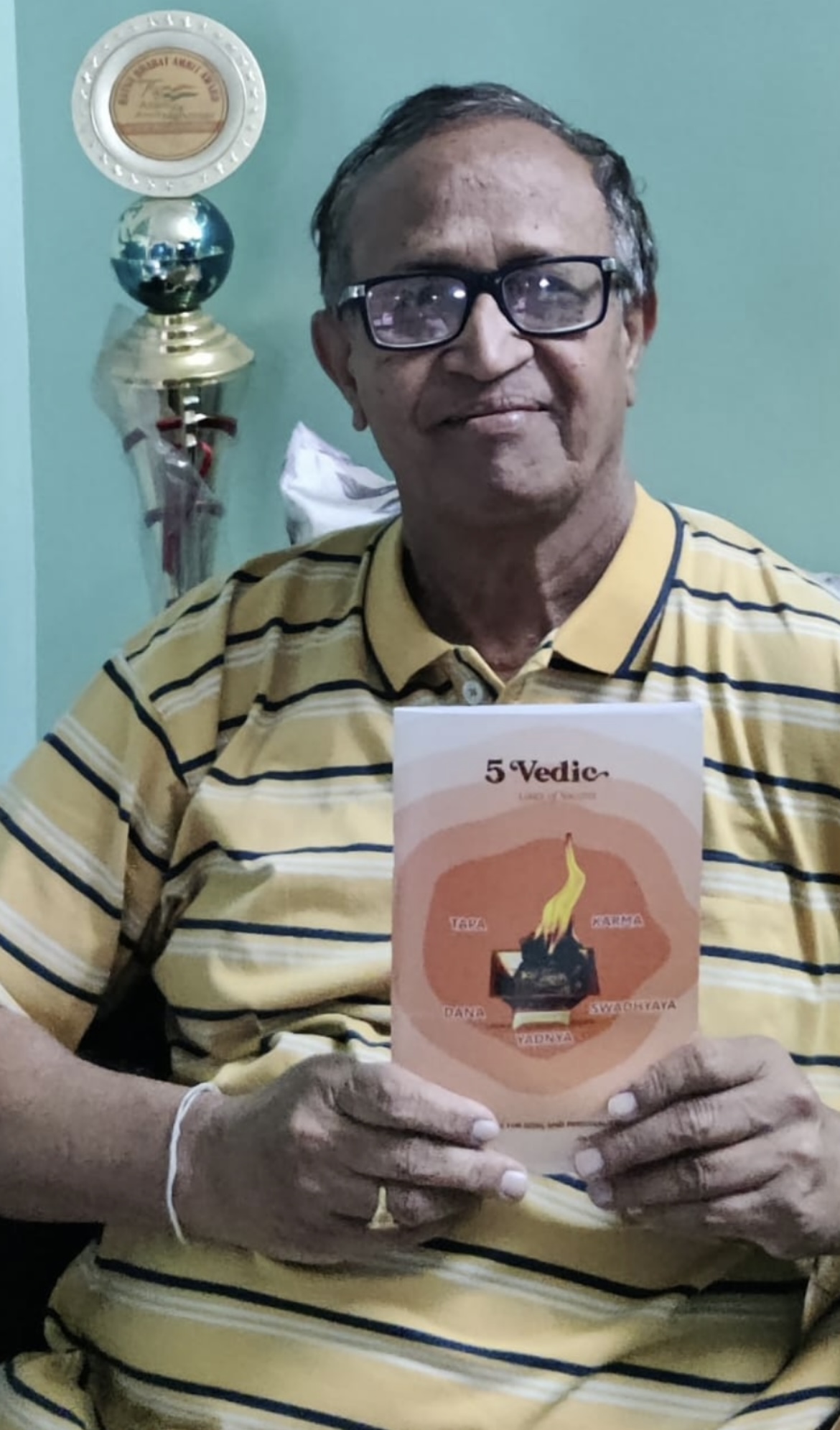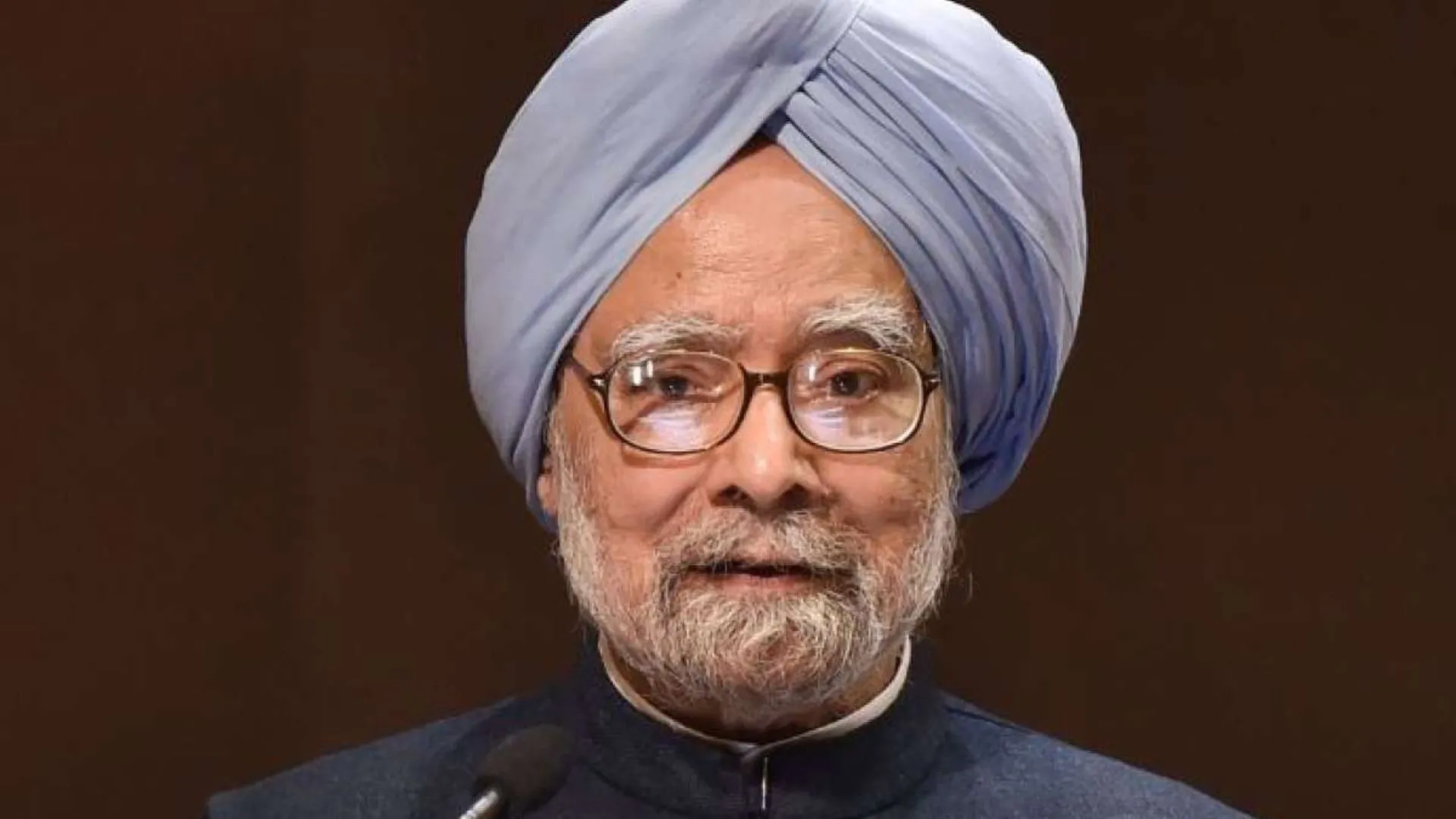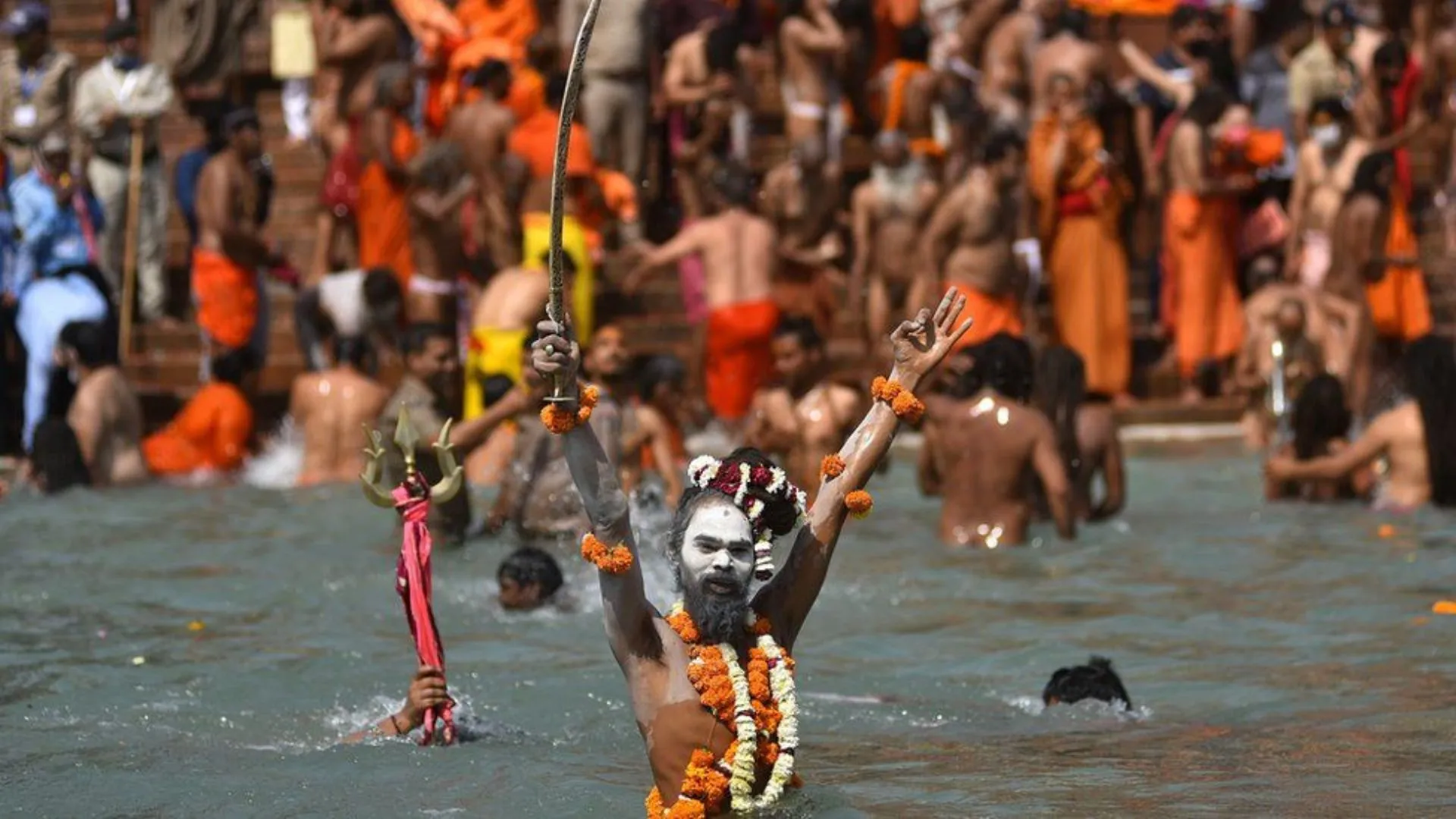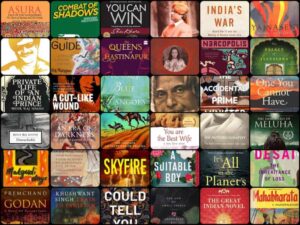India has a rich literary tradition with a diverse range of books spanning various genres and themes. Here are five iconic books that have left an indelible mark on Indian literature:
1. “Midnight’s Children” by Salman Rushdie: This Booker Prize-winning novel is a sprawling epic that chronicles India’s transition from colonial rule to independence through the lives of its protagonist, Saleem Sinai, and the generation of children born at the stroke of midnight on August 15, 1947. Rushdie’s magical realism and intricate storytelling capture the complexities of Indian history, identity, and nationhood.
2. “The God of Small Things” by Arundhati Roy: Set in Kerala, this Booker Prize-winning novel delves into the lives of fraternal twins Rahel and Estha and their family, exploring themes of love, loss, caste, and social injustice. Roy’s lyrical prose and vivid imagery offer a poignant meditation on memory, trauma, and the intricacies of human relationships against the backdrop of a changing India.
3. “A Suitable Boy” by Vikram Seth: Set in post-independence India, this sweeping family saga follows the intertwined lives of four families as they navigate love, politics, and tradition. At its heart is the story of Lata Mehra, a young woman searching for a suitable husband amidst the backdrop of a rapidly changing society. Seth’s epic novel offers a panoramic view of Indian society and culture, spanning across generations and landscapes.
4. “Train to Pakistan” by Khushwant Singh: Set during the partition of India in 1947, this poignant novel depicts the upheaval and violence that engulfed the nation during one of its most turbulent periods. Through the lens of a small village on the India-Pakistan border, Singh explores themes of communalism, humanity, and the consequences of division. “Train to Pakistan” is a powerful portrayal of the human cost of partition and the quest for reconciliation.
5. “The White Tiger” by Aravind Adiga: Winner of the Man Booker Prize, this darkly humorous novel offers a scathing critique of India’s class divide and the underbelly of its economic growth. Narrated by Balram Halwai, a chauffeur from a rural village who rises to become a successful entrepreneur in the bustling city of Delhi, Adiga’s novel exposes the inequalities and corruption that plague Indian society while exploring themes of ambition, morality, and survival.
These five books represent a small glimpse into the vast and diverse landscape of Indian literature, offering profound insights into the country’s history, culture, and societal issues.

